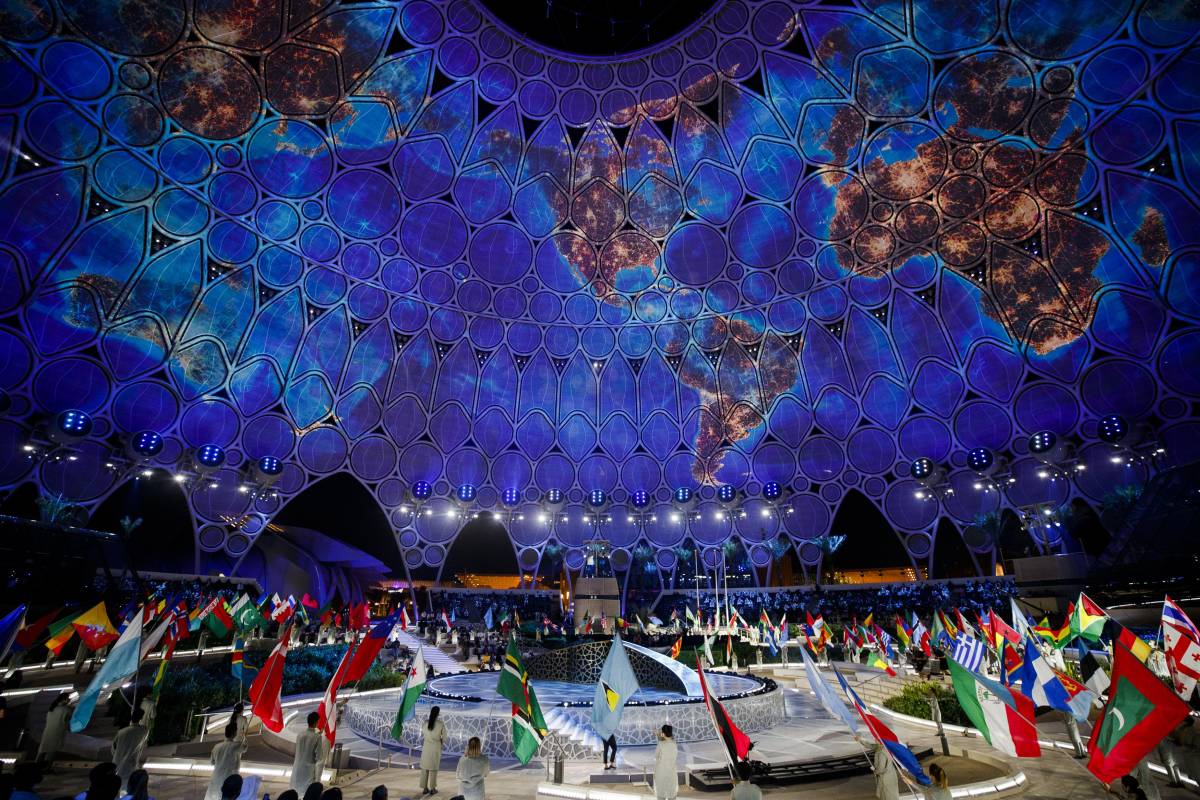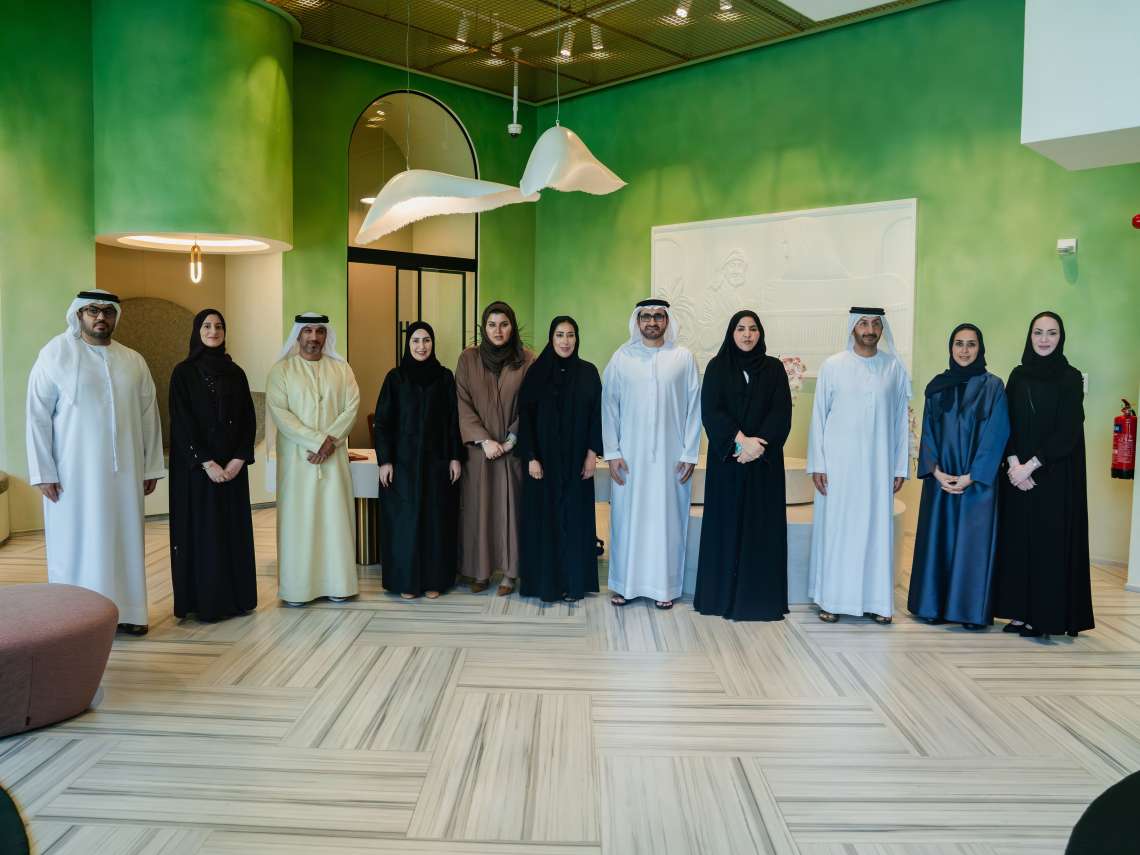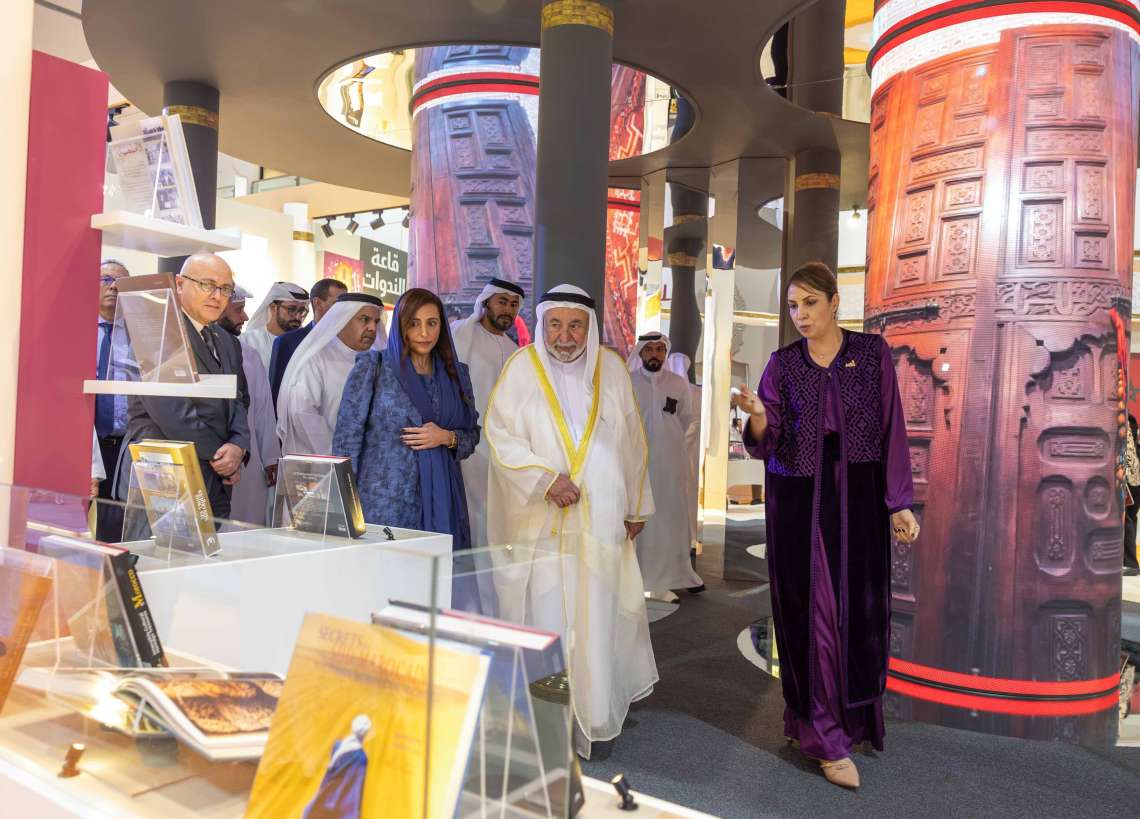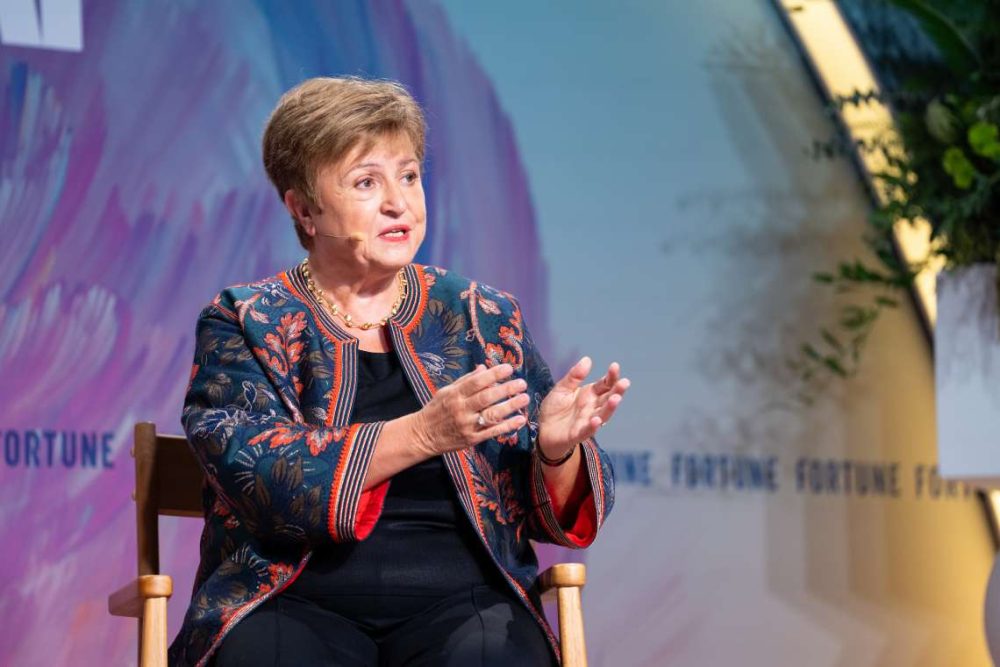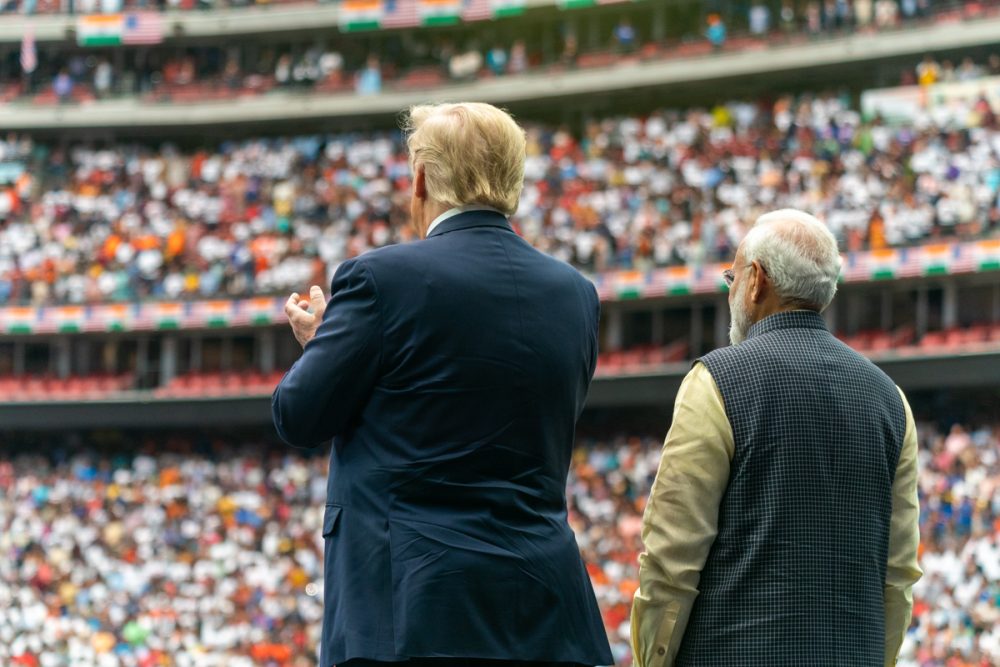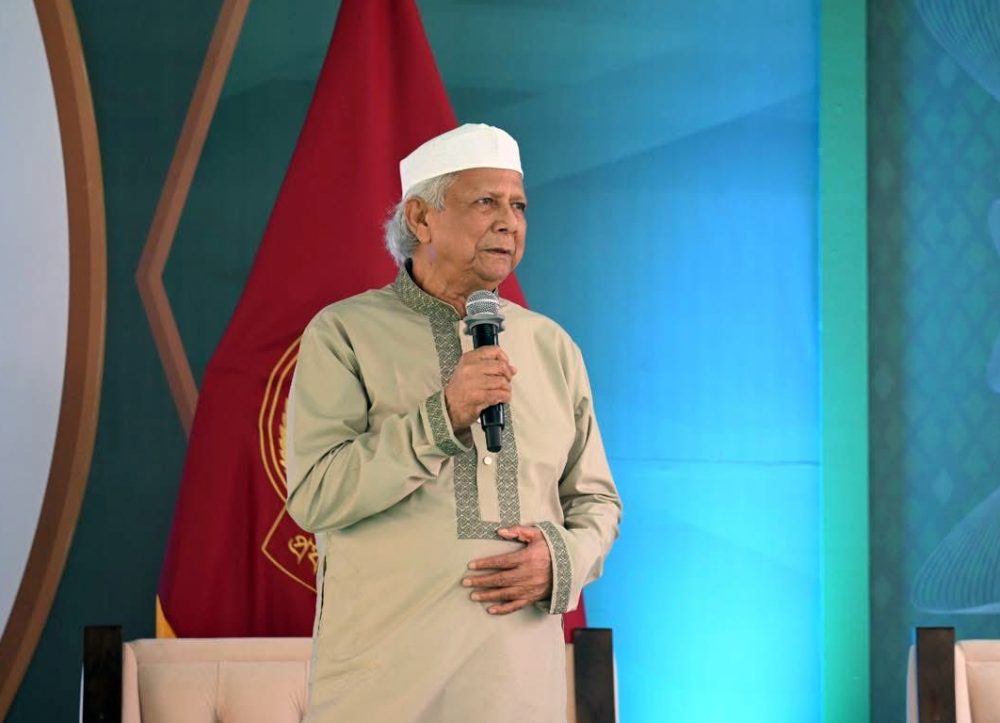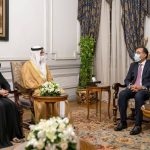The United Nations’ 2030 Agenda for Sustainable Development also aids Expo in shaping its strategy with reference to the UN’s Sustainability Development Goals that range from clean energy to climate action…reports Asian Lite News
As the world grows hotter and climate change is no longer a far reality, Expo 2020 Dubai hopes its platform will provide a foundation for a collaborative, people-centred strategy to help heal the planet. And the best way to do this is through the sustainable allocation of resources – something Expo 2020 knows a thing or two about.
Sustainability – mindful consumption of the world’s limited natural resources without depletion – is an undercurrent that runs through all the experiences at the world fair, from its infrastructure and construction to the legacy it will leave behind for Dubai and the UAE. Under the thematic umbrella of ‘Connecting Minds, Creating the Future’, Expo has even dedicated one of its three sub-themes to underscore environmental challenges and their solutions in the Sustainability District.
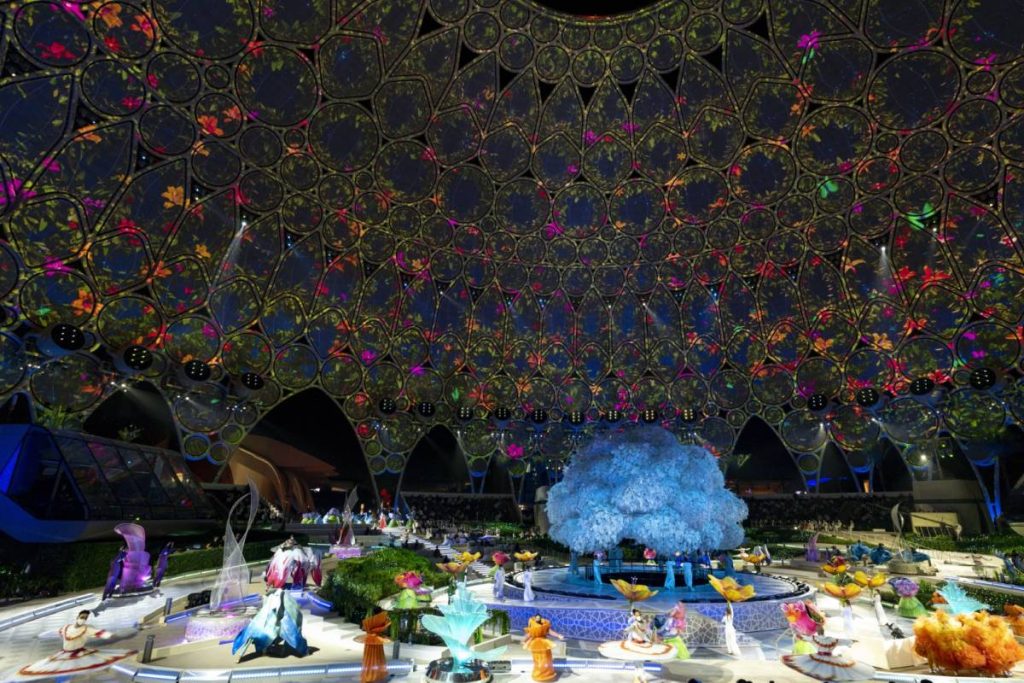
All efforts are in line with green initiatives outlined by national drivers: the UAE Centennial 2071 Plan, which is a five-decade strategy to invest in generations to come; the UAE Vision 2021, a vision comprised of six national priorities that also coincides with the nation’s Golden Jubilee; the Dubai Plan 2021, launched to develop a holistic future for the city; and Dubai Clean Energy Strategy, where 75 per cent of Dubai’s energy will derive from clean sources by year 2050.
The United Nations’ 2030 Agenda for Sustainable Development also aids Expo in shaping its strategy with reference to the UN’s Sustainability Development Goals that range from clean energy to climate action.
In 2012, His Highness Sheikh Mohammed Bin Rashid Al Maktoum, Vice President and Prime Minister of the UAE and Ruler of Dubai, launched a ‘green economy for sustainable development’ initiative that the world exposition reflects through its actions to educate and raise awareness, build smart cities, tackle climate change and instil a circular approach to resource management.
An expected 25 million visits are expected at the World’s Greatest Show, and what better time to inspire the global audience to commit to a sustainable lifestyle than the six-month period of gathering, especially in a world newly emerging from the pandemic
Snapshot of Expo 2020 Dubai’s Sustainability Strategy
- 50 per cent of Expo 2020 Dubai’s energy will come from renewable energy sources, as all of the permanent buildings are fitted with solar panels and other clean energy systems.
- CEEQUAL, an international sustainability assessment, rating and awards scheme for infrastructure projects, awarded eight Expo projects such as Al Wasl Plaza, parks and the public realm with an ‘Excellent’ certification. The event is aiming for another third-party assessment, the green building LEED standard, for more than 120 of its permanent buildings.
- 25 per cent reduction in potable water use in buildings, with all water for irrigation and cooling to be recycled water.
- 85 per cent of all waste to be segregated, treated and diverted from landfill.
- Alternative, low-emission modes of transport to commute to the venue such as the Expo’s dedicated metro station and Expo Rider buses.
- 90 per cent of building materials used in permanent construction will be retained for the smart city – Expo 2020 Dubai’s physical legacy District 2020.
- 90 per cent of key materials used have been procured with respect to Sustainable Materials Guidelines – for instance, all timber used on site has to have either the Forestry Stewardship Council (FSC) certification or Programme for the Endorsement of Forestry Certification (PEFC).
- 50 per cent of landscape plants will be native or adaptive to preserve the local environment.
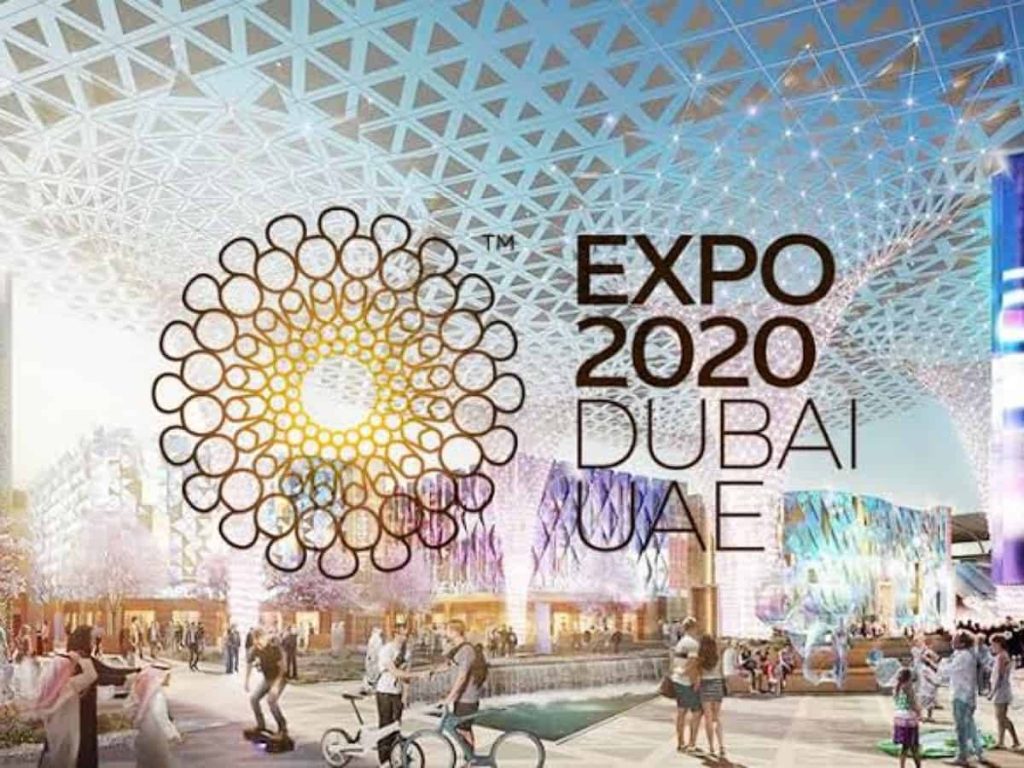
Trees that face the sun
When the pavilion was open to the public briefly from January to April this year, visitors roamed in the shade of the 130-metre-wide canopy at the heart of Terra, surrounded by other 18 Energy Trees.
Using their 4,912 solar panels, the bespoke trees can produce four Gigawatt hours of alternative energy per year, the sum of which can charge more than 900,000 mobile phones. To absorb plenty of sunshine during the day, the Energy Trees will always face the sun, tracking its path across the sky like giant sunflowers.
Thanks to the pavilion’s inverted-cone canopy design, the shape allows for natural air ventilation and even provides a skylight for visitors inside.
Harvesting water from air
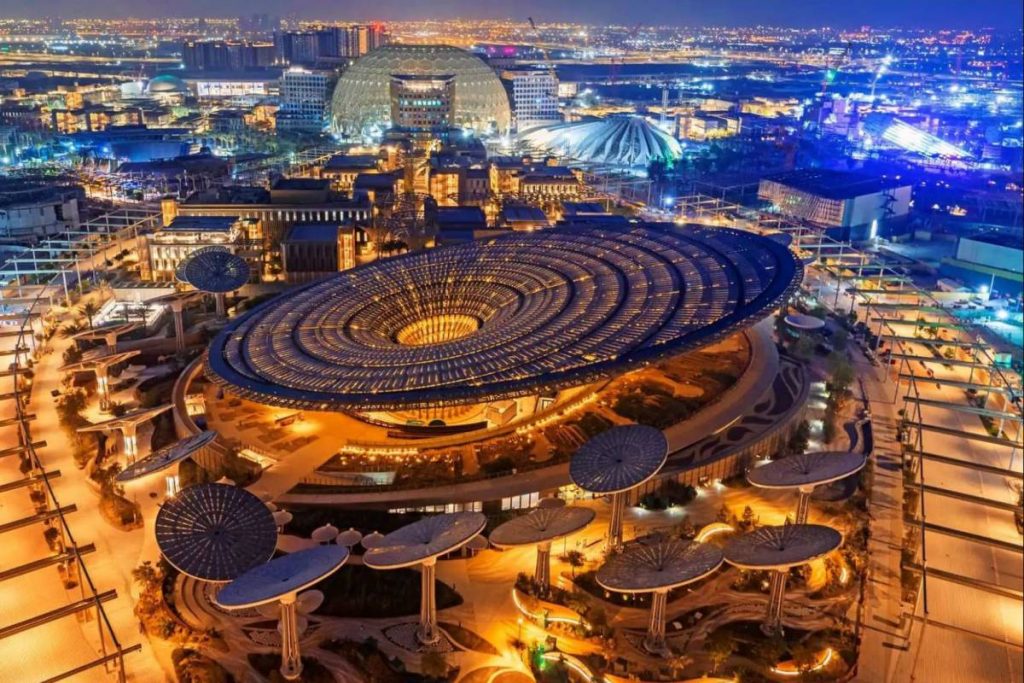
Potable water for the pavilion is generated by filtering condensation, sometimes naturally through reed beds, gathered from the air handling unit. There is even a Water Tree on the pavilion premises that harvests water from humid air, powered by solar energy.
The surrounding flora will be irrigated using recycled grey water (used water drainage from basins, washing and cleaning) and irrigation schedules will be closely monitored through Siemens’ MindSphere platform to conserve water. The organisers hope to reduce landscaping water demands by 75 per cent by planting local species that would require less watering.
Beyond Expo 2020
With multiple programmes and comprehensive strategies for the long term, Expo 2020 Dubai belies the World Expo format’s temporary nature. In practice, such conventions under the Bureau International des Expositions (BIE) are meant to gather the countries of the world for up to six months. However, Dubai planned to retain 80 per cent of the Expo-built structures from the very start.
Come October, 2022, the 4.38-square-kilometre site will go by the new name of District 2020. The transition to a human-centric community would take six to nine months after Expo wraps up, converting most of the infrastructure, including select country pavilions such as Luxembourg Pavilion, into commercial and residential buildings.
Around 130-plus buildings connected by Mindsphere will continue to monitor energy and water consumption in real time during this legacy phase. The smart city will follow sustainable practices to become a blueprint for urban ecosystems, where people can live, work and play all in one place, allowing Expo 2020 Dubai to leave behind an imprint for decades to come.


